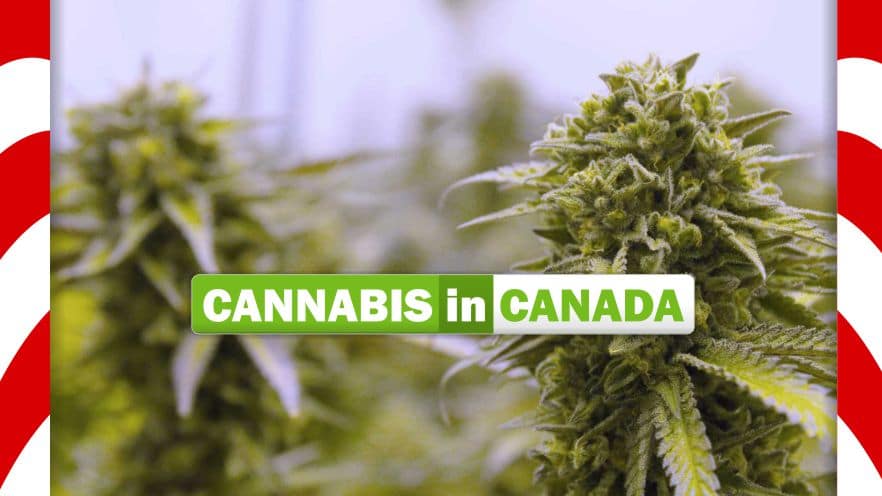Here is your Cannabis in Canada legalization update and guide of what is known so far.
– May 03, 2018
 Confusion or perhaps paranoia has set in with marijuana enthusiasts, casual pot smokers, Canadians who want to try cannabis for the first time and in the cannabis business space. This hysteria is leaving everyone with dry mouth and with plenty of questions left on the table. Are you thirsty for a Canada legalization update? Not to worry, the answers are being released slowly. As we get closer to the official legalization date, all provinces and territories are scrambling with their official pot plans, from implementation to regulations, from how cannabis is retailed to pricing. We expect them to be rolling out their official plans within the next few months.
Confusion or perhaps paranoia has set in with marijuana enthusiasts, casual pot smokers, Canadians who want to try cannabis for the first time and in the cannabis business space. This hysteria is leaving everyone with dry mouth and with plenty of questions left on the table. Are you thirsty for a Canada legalization update? Not to worry, the answers are being released slowly. As we get closer to the official legalization date, all provinces and territories are scrambling with their official pot plans, from implementation to regulations, from how cannabis is retailed to pricing. We expect them to be rolling out their official plans within the next few months.
Canada has always been known internationally for its rich cannabis history including decriminalized marijuana laws and lax enforcement in areas such as Vancouver and Victoria on the west coast that produces some of the best strains of marijuana, including the famous BC Bud strain. Although medical marijuana has been legal in Canada for almost 20 years, Prime Minister Justin Trudeau is making good on his election promise for the legalization of recreational cannabis in Canada and is expected to be legalized by late summer 2018, maybe even as late as October.
When cannabis is legal in Canada, the provinces will have set their own regulations and are controlling how it will be sold to the public. Those regulations can be found above in the Cannabis in Canada Legalization Contents.
All provinces except Saskatchewan will use its liquor agency as the centralized distributor of recreational cannabis. The agencies will buy it from cannabis licensed growers and will be responsible for shipping it to the retailers.
Western provinces will mostly rely on a mix of private businesses and their own sperate storefronts for retail sales. Manitoba has accepted four applications for province-wide cannabis chains. Alberta saw 226 applications for independent stores in Calgary alone.
Eastern provinces, for the most part, are setting up government-owned stores. Nova Scotia will sell cannabis in nine liquor stores. Quebec’s liquor agency instead will set up separate cannabis stores. Ontario likewise created OCRC as a liquor board subsidiary. But its cannabis stores will be separate from liquor stores.
Fully implemented legal recreational cannabis in Canada will be challenging and will have to evolve over time.
As each province is pressured to release their regulations and plans before the legalization date is announced, it will still take several years to see such a rollout fully implemented. It will be a challenge that will have to evolve over time. Some of the reasons for this is the lack of confidence from the federal government on some of the key related issues (enforcement and production, to name a few) and we can’t forget about the fact that society will be affected by legalization on so many levels.
Drug-impaired driving is one key issue, for example, that will cause everyone in Canada grief going forward, either directly or indirectly. As of now, 2018 that is, with the technology that currently exists, society simply doesn`t know how high is too high to drive. The issue is very complex and will be challenged endlessly in court, it can`t be compared to alcohol and its current method of testing for impairment.

